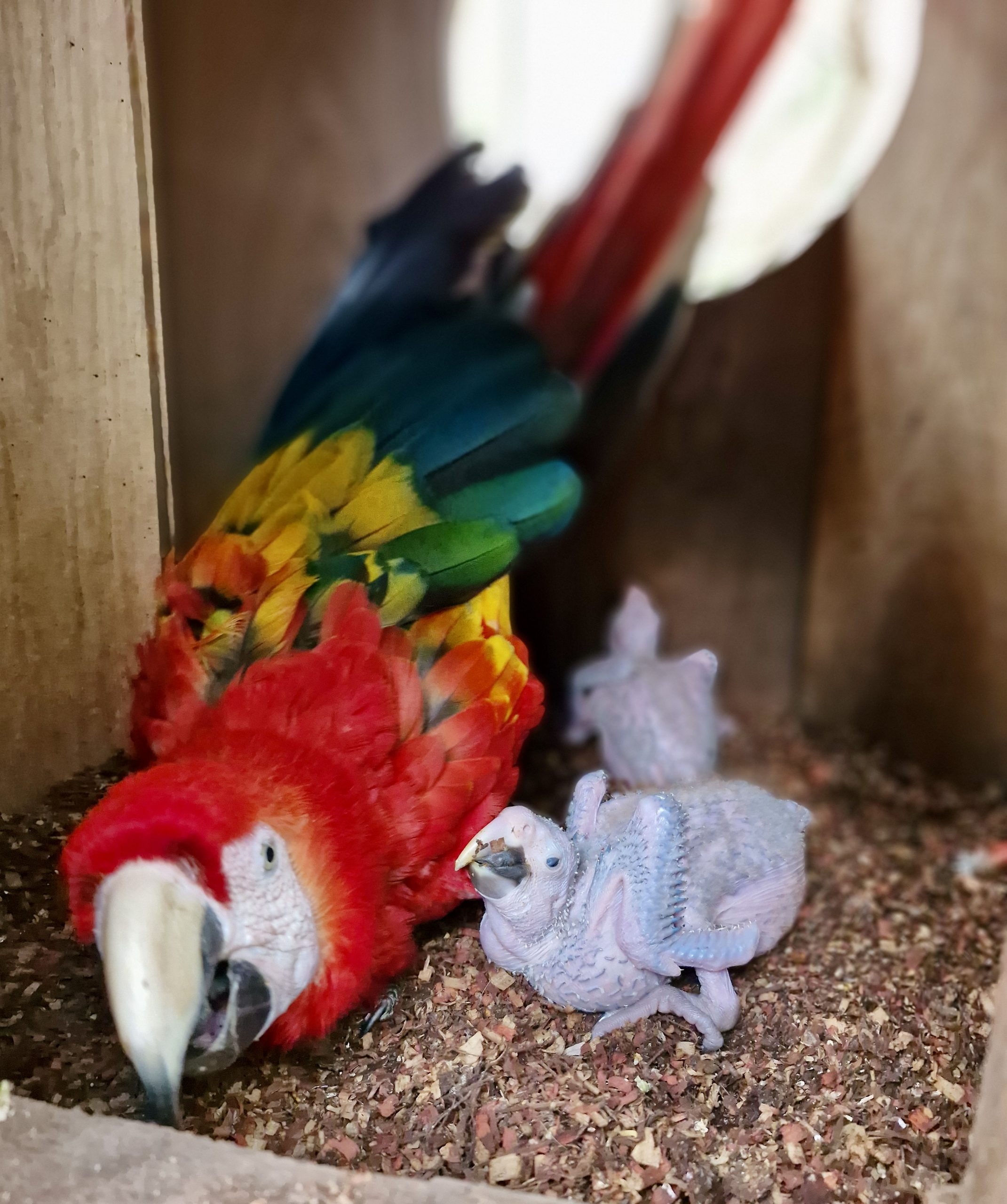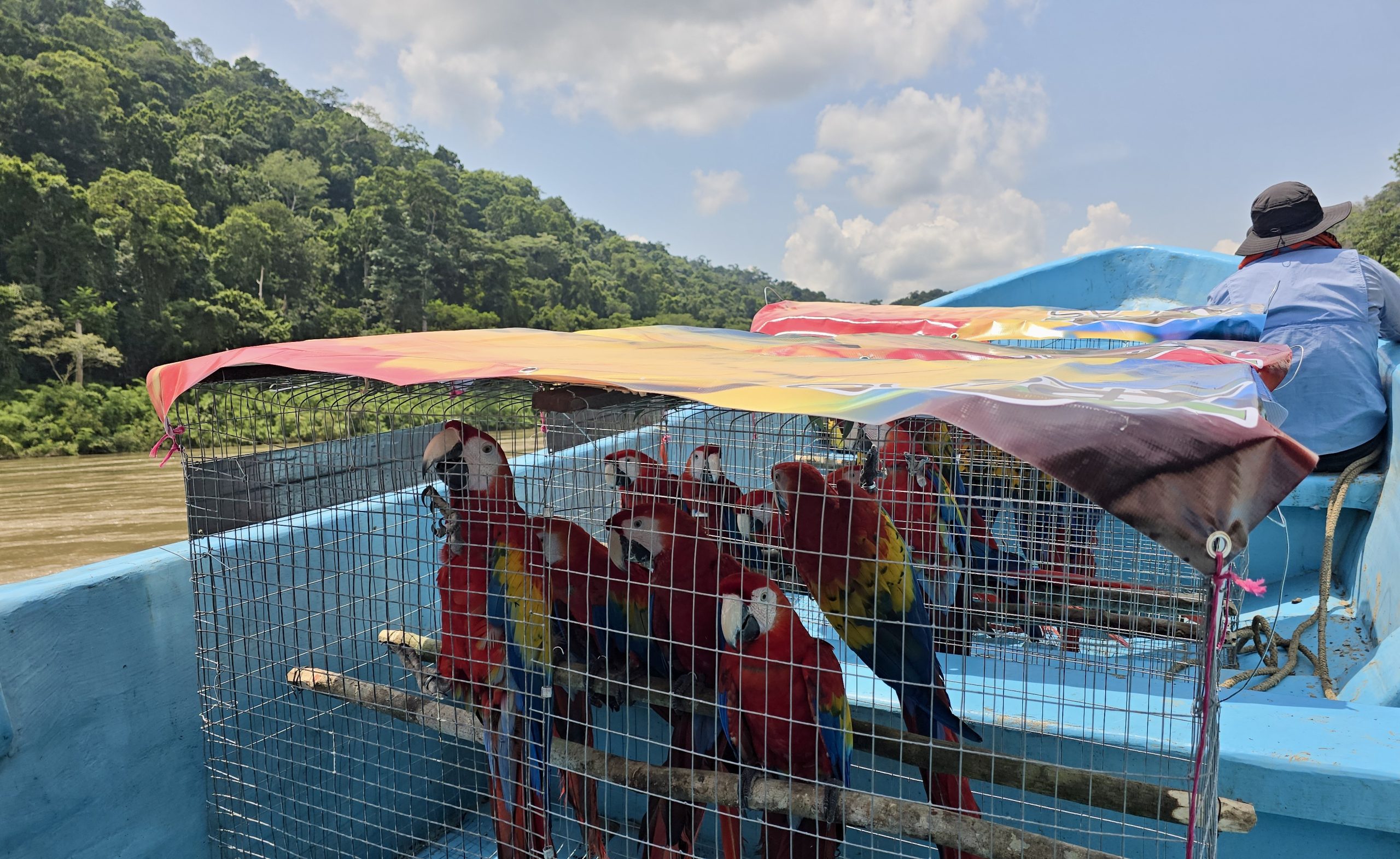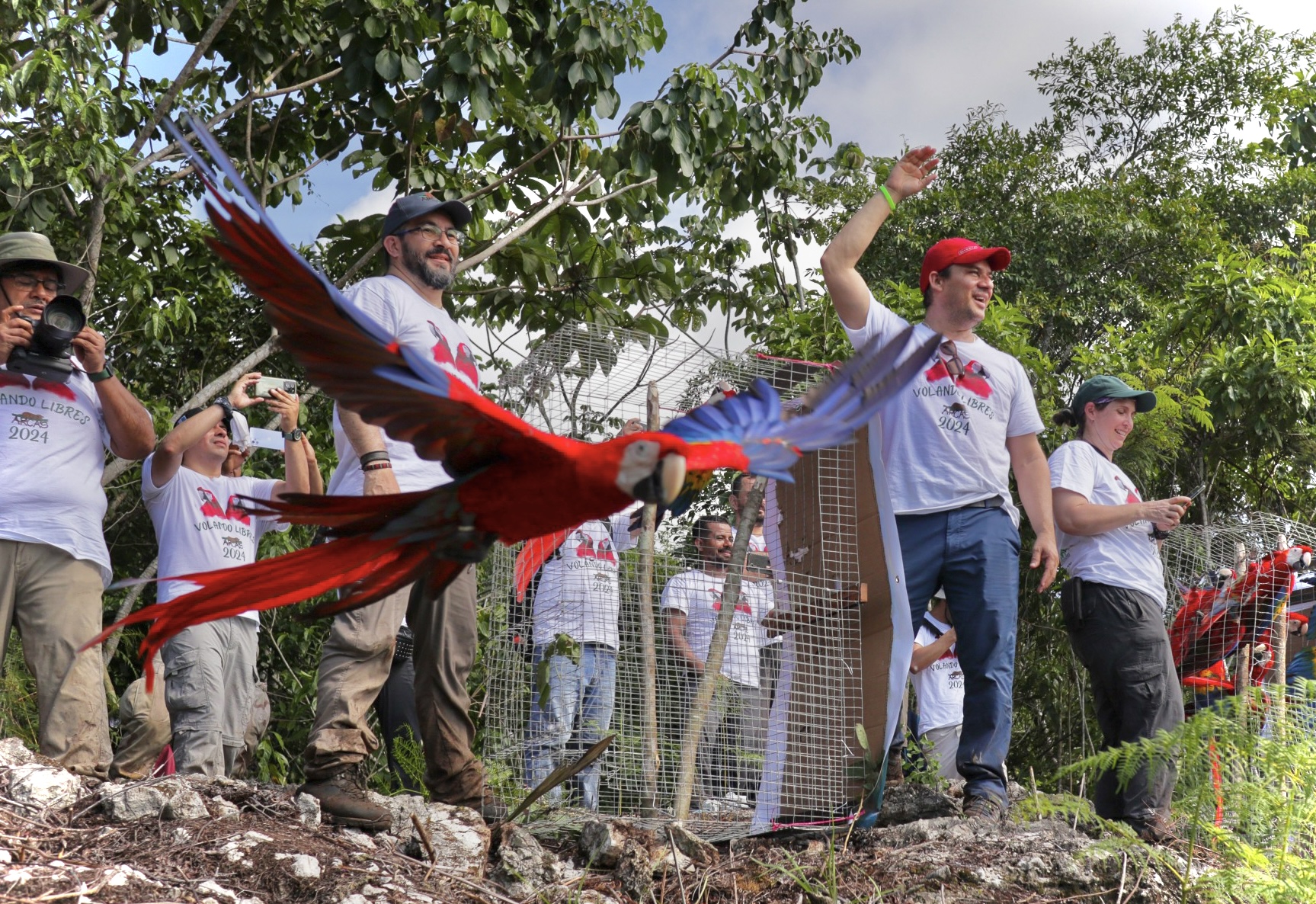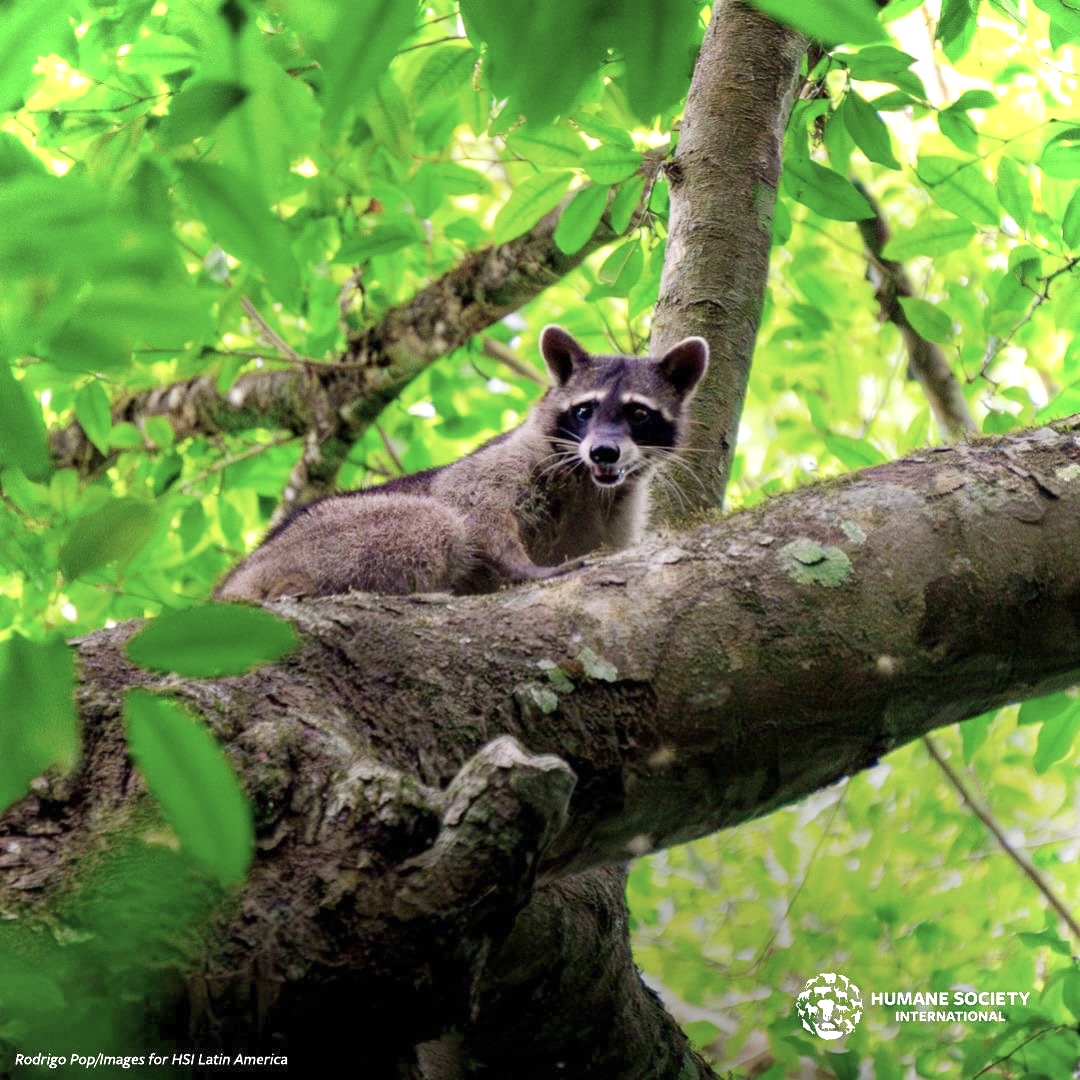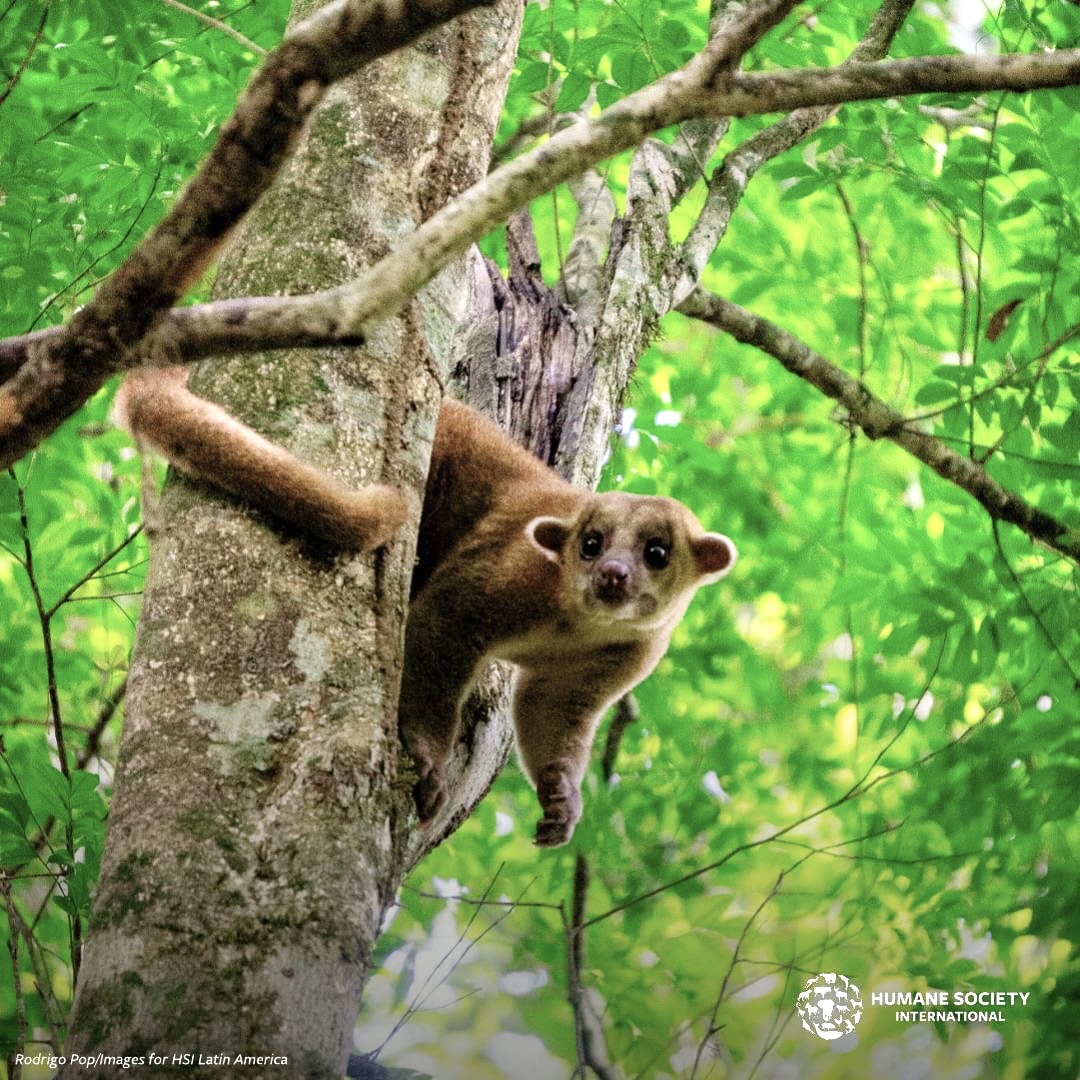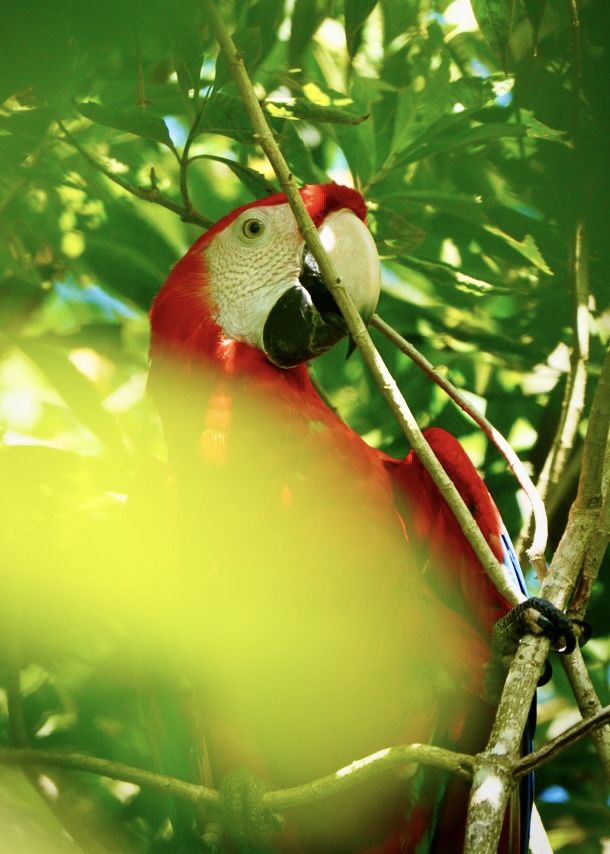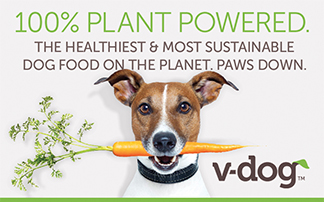
From Captivity To Freedom: 36 Wild Animals Are Returned To The Jungle In Guatemala
Photos by: Humane Society International
You can help all animals and our planet by choosing compassion on your plate and in your glass. #GoVeg
RELATED ARTICLES
Pressure Mounts For Arizona To Ban Dog Pack Hunting Of Mountain Lions, Bears & Other Critical Species
Conservation groups have submitted a petition to the Arizona Game and Fish Commission urging a ban on the use of dog packs for hunting...
Help Save Millions Of Lives This Holiday By Choosing Compassion On Your Plate; Adopt A Turkey Today!
As Thanksgiving approaches, we hope you enjoy a warm and safe holiday. We encourage you to make a compassionate choice by leaving animals off...
Giraffes Are One Step Closer To Receiving Vital Endangered Species Act Protections
In response to a petition and subsequent lawsuit by conservation and animal protection organizations, the U.S. Fish and Wildlife Service (USFWS) has proposed listing...
Popular stories
Healthy Living
New Online Vegan Grocery Store ‘GTFO It’s Vegan’ Launches With Mouthwatering Food Items Shipping Throughout The U.S.
During these unprecedented times, many people have turned to online shopping, yet often discover that their favorite products are not available, or have shipping...
Industry News
3 Million Online Listings Of Trafficked Wildlife Taken Down By Major Tech Companies; Listings Included Endangered Tigers & Primates
The Coalition to End Wildlife Trafficking Online, which is made up of a group of tech companies and wildlife organizations, has removed and blocked over...
Healthy Living
The U.S. Receives “D” Rating For Its Protection Of Farmed Animals & Wildlife In World Animal Protection’s Newest Report
Sadly, new research by World Animal Protection reveals that the United States continues to lag behind many other countries in its protections for farmed animals...

